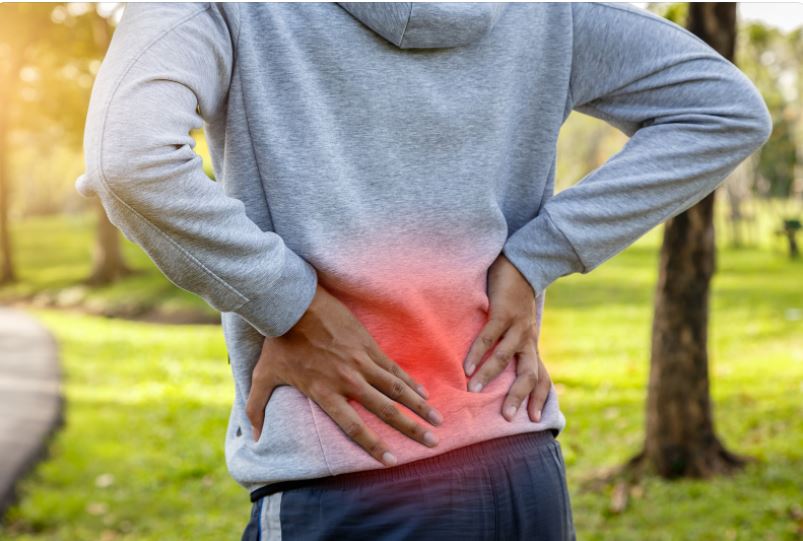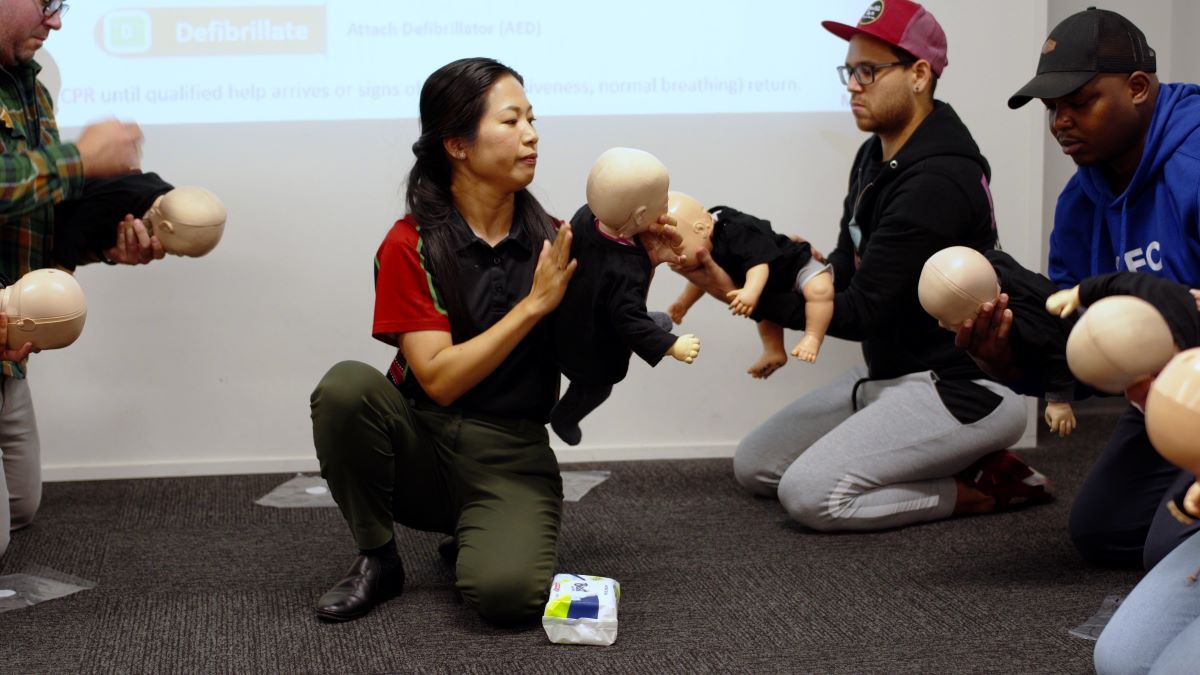The underlying cause of back pain may not be a cause for concern, but its intense symptoms may prompt a visit to the emergency room.
While back pain often goes away on its own or is treated in a primary care setting, it is important to look for warning signs of severe injuries or life-threatening causes.
The causes may be rare, but if present, these are considered a medical emergency needing immediate treatment to preserve normal back function.
What is Back Pain
Back pain is a common injury and is one of the primary reasons many Australians go to the hospital or miss time at work.
As per the reported data from the Australian Bureau of Statistics (ABS) 2017–18 National Health Survey, approximately 4 million people suffer from back problems. In fact, it is one of the leading causes of disability, not only in Australia but also worldwide.
The main cause of back pain includes traumatic injuries and some medical conditions. It can affect people of any age and for many different reasons.
As people get older, the chance of developing this disease increases due to factors such as lower bone mass, degenerative disk disease, or long impact from the previous occupation.
Back pain can also stem from other conditions, including scoliosis, arthritis, kidney stones, infections, endometriosis, fibromyalgia, and even during pregnancy.
Most causes of back pain will depend on the lifestyle. People who are overweight, frequent smokers, or involved in a job that requires frequent twisting and lifting are at higher risk of experiencing it.
A family history of back problems can also contribute to one’s development of back pain.
Depending on the cause, the person can experience a dull ache in the lower back that gradually builds in intensity. It feels like a sharp stab in the area, which makes walking, laying, and sitting a painful chore.
Lower back pain (lumbago) is a particularly common condition where the function of the back muscles is affected, particularly in the lumbar spine region. However, you can also feel it from the neck down to the hips.
While most back injuries tend to heal on their own after a couple of weeks, there is some instance where the pain does not go away. This might indicate a serious illness that may require emergency treatment.
First aid remedies can help relieve the symptoms, but sometimes, the pain lasts longer or keeps on coming back.
When is it an Emergency?
There are times when a back pain will require a call to the doctor or even triple zero (000).
An emergency room (ER) visit is necessary once the symptoms become unmanageable. For back problems, the common warning signs and symptoms typically start a sudden and may be accompanied by the following:
- Sudden loss of sensation in different areas of the body (such as one or both legs, the groin, the genitals, or the anal region)
- Inability to walk or stand on own
- Unable to control bowel movements
- Difficulty passing urine (uncontrolled bladder movements)
- Sudden, intolerable pain in the back or leg area
- Fainting or loss of consciousness
In many cases, back injuries follow a trauma event such as a fall, sports injury, or a car accident.
The after symptoms relate to the spinal cord or nerve, possible fracture, or organ-related damage. In such cases, it is important to evaluate the condition and provide treatment immediately to avoid permanent tissue damage and long-term disability.
Call emergency services right away for any sign or symptom of a concerning back injury.
Preventing Back Pain
We do not have to sit and wait for back pain to strike at any minute. By maintaining good health through exercise, eating healthy, and taking extra precautions – you can significantly reduce your risk of back pain.
On top of that, be sure to get enough calcium and vitamin D that helps in building strong bones. For smokers, consider quitting this habit as this causes the back disks not to get enough nutrients.
It is also good to learn first aid to familiarize with injuries that worsen back pain and interventions that help relieve symptoms.
For more information on upcoming first aid courses, click here.







